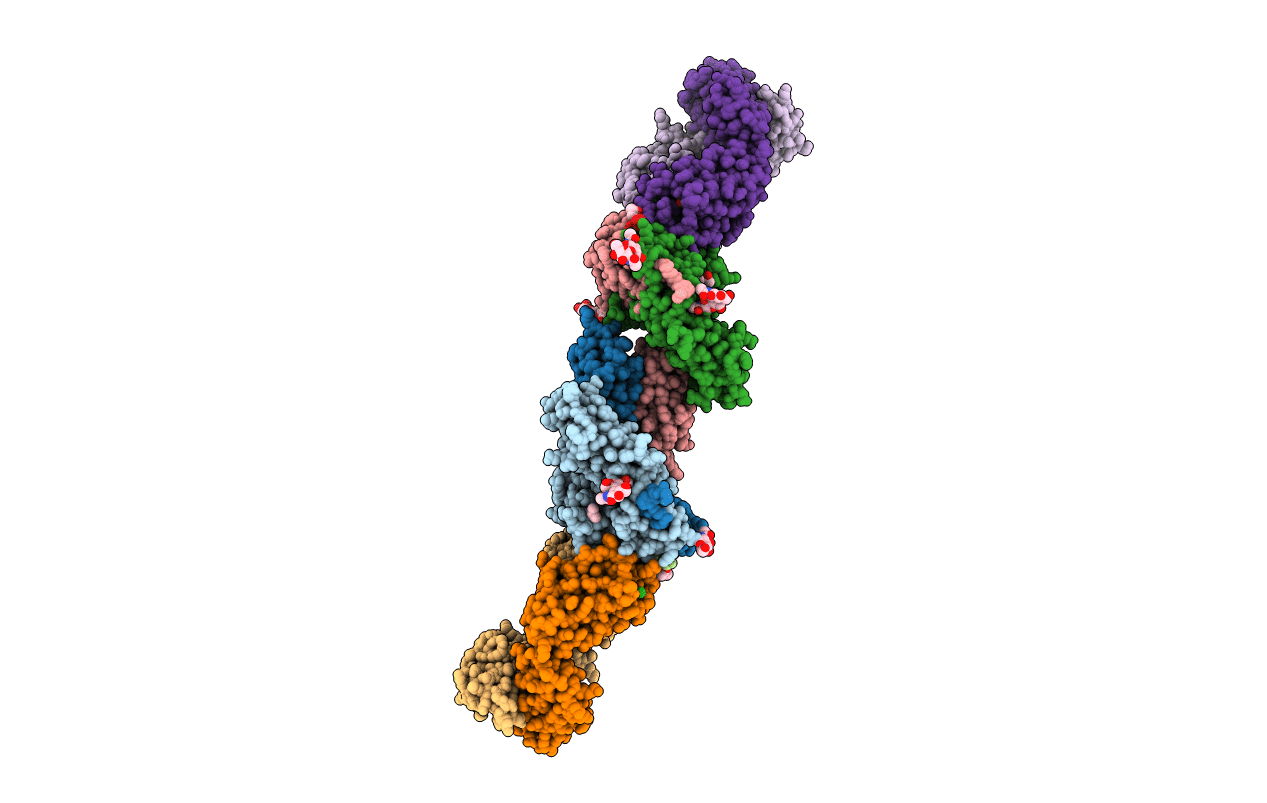
Deposition Date
2020-07-08
Release Date
2021-07-28
Last Version Date
2024-10-09
Entry Detail
Biological Source:
Source Organism(s):
Homo sapiens (Taxon ID: 9606)
Triticum aestivum (Taxon ID: 4565)
Triticum aestivum (Taxon ID: 4565)
Expression System(s):
Method Details:
Experimental Method:
Resolution:
2.40 Å
R-Value Free:
0.21
R-Value Work:
0.17
R-Value Observed:
0.17
Space Group:
P 21 21 21


